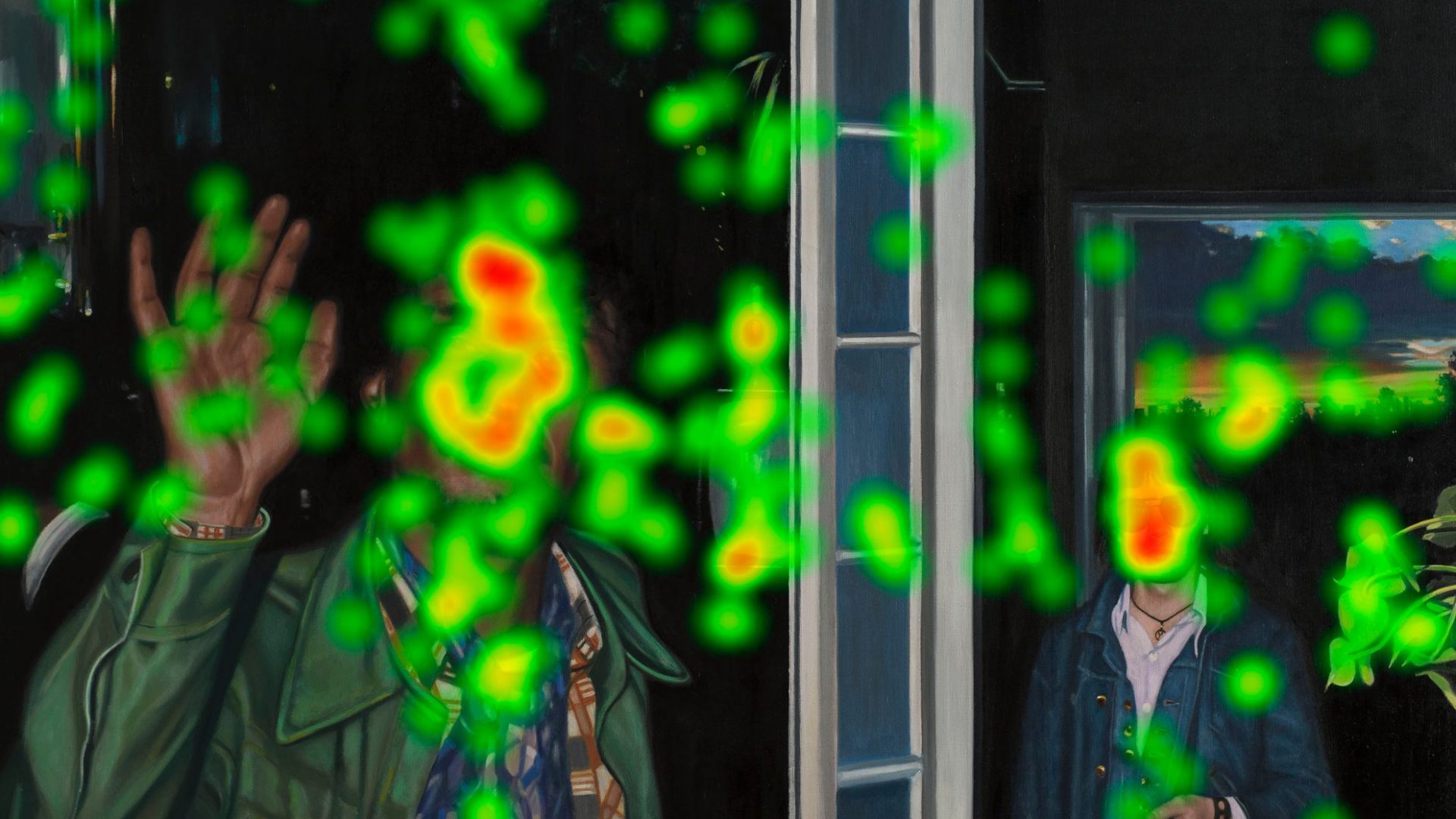I’m happy to invite you the first seminar in Poland organised as part of art history program, devoted to using empirical research for interpreting and analysing works of art, titled “Visuality of the work of art”.
Every Thursday, Faculty of History at Nicolaus Copernicus University, room 0.07, 11:30 AM.
The meetings are going to have a conversatory form.
Short description:
“Visuality of the work of art” conversatory classes are aimed at making students familiar with the work of art “visuality” phenomenon, understood in cognitive terms and possible to describe by empirical research. The seminar refers to artistic artifacts from 20th and 21st century.
Detailed plan:
The classess are dovoted to the following issues:
1. Relations of art history methodology and perception
Presentation of selected theories of art history methodologists in the context of perception. The classes refer to scientific achievements of Heinrich Wölfflin, Hans Prinzhorn, Alois Riegl, Rudolf Arnheim, Ernst Gombrich.
2. Introduction to neuroaesthetics
Students will broaden their knowledge about the new discipline within humanities – neuroaesthetics, which is essential for conducting research connected with neurosciences. We will also discuss new criteria for work of art analysis, such as mind plasticity, visual brain, mirror neurons, artistic stimulus and visual reaction typology.
3. The issue of conducting transdisciplinary art research
The third block refers to discussing problems of conducting art analyses on the basis of various disciplines. Examples described there will especially include research results and cooperation mechanisms of research teams whose members represent various competences and working techniques.
4. Contemporary neuroarthistorians
During this part of our classes we will focus on art historians who use neuroscientific knowledge in their research. The researchers discussed include John Onians, David Freedberg, Barbara Stafford, Michael Baxandall, Pamela Sheingorn.
5. Neuroarthistorian’s workshop – about the nature of conducting experiments and the ability to ask new research questions
The fifth main topic of the seminar refers to practical problems connected with conducting experimental research by art historians. We will take a closer look at the activity of Labor für empirische Bildwissenschaft in Vienna, Art & Science research foundation om – organisms and machines in culture from Bydgoszcz, Ariana van Heerden – art researcher, and Polish cognitive scientist Piotr Francuz.
